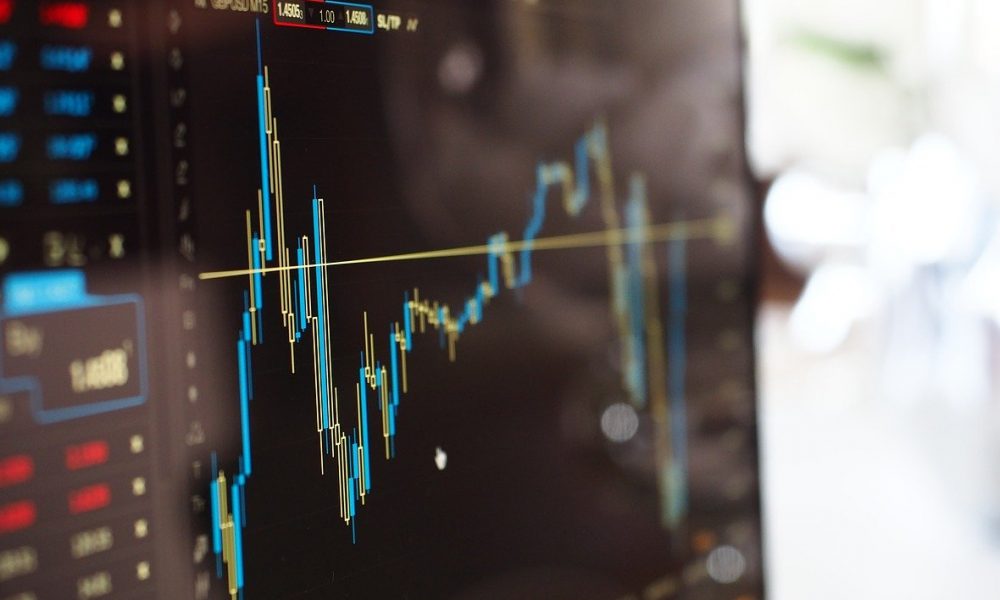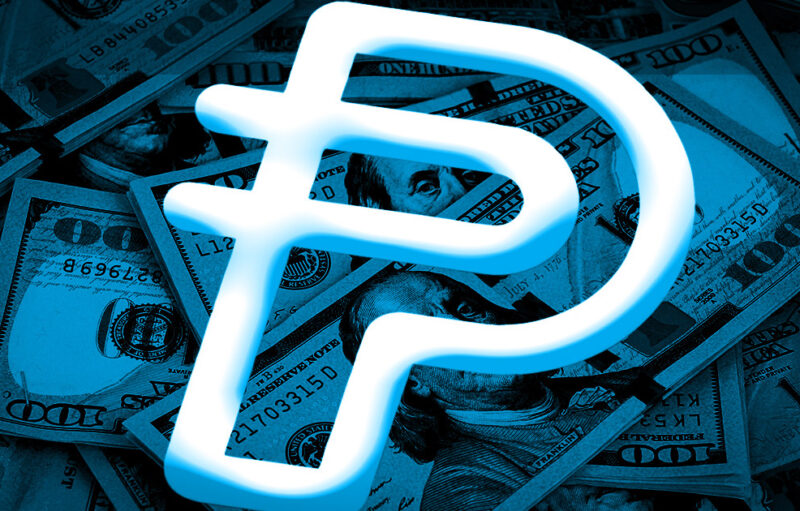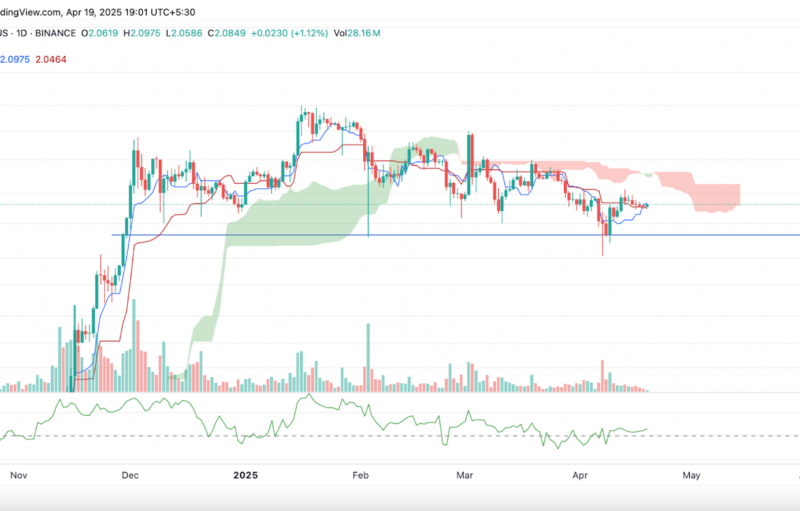
While the traditional financial industry is no stranger to wash trading, various studies in 2019 demonstrated the widespread prevalence of artificial inflation of trading volume in the crypto industry as well. As reports of alleged fake trading made headlines in 2019, exchanges have started addressing the issue of inflated volumes.
Former Senior Market Analyst at eToro Mati Greenspan was hopeful that the top crypto exchanges have started reporting the trading volume figures “honestly”. In a recent conversation with AMBCrypto, Greenspan noted,
“Wash trading is still a huge issue in the crypto space, unfortunately. What’s good to know is that there are enough top tier exchanges that are reporting honestly and do have sufficient volumes and liquidity to ensure a healthy market and price discovery is working well.”
Earlier this year, CoinMarketCap took a beating after Bitwise reported that “despite its widespread use, the CoinMarketCap.com data is wrong”. Following which the platform pledged to roll out new parameters to combat wash trading and market manipulation. Working toward this goal, CoinMarketCap launched a new “Liquidity” metric in November. Elaborating the same, CoinMarketCap’s CSO Carylyne Chan in a recent interview stated,
“It creates generally speaking a public good, because then people will be able to trade better, they will be able to get a more accurate understanding of what the real prices across the world are for the asset they’re trying to trade. The focus on liquidity will make the whole market more efficient in general.”
Another report that made headlines this year was the Blockchain Transparency Institute’s [BTI] report after OKEx contended the validity of its research method. According to BTI, among the top 40 exchanges on its website, wash trading has significantly declined by over 35%. Kraken, Coinbase, UpBit, Poloniex were the “cleanest” platforms while Binance, OKEx had the least wash trading percentage.
The post appeared first on AMBCrypto






